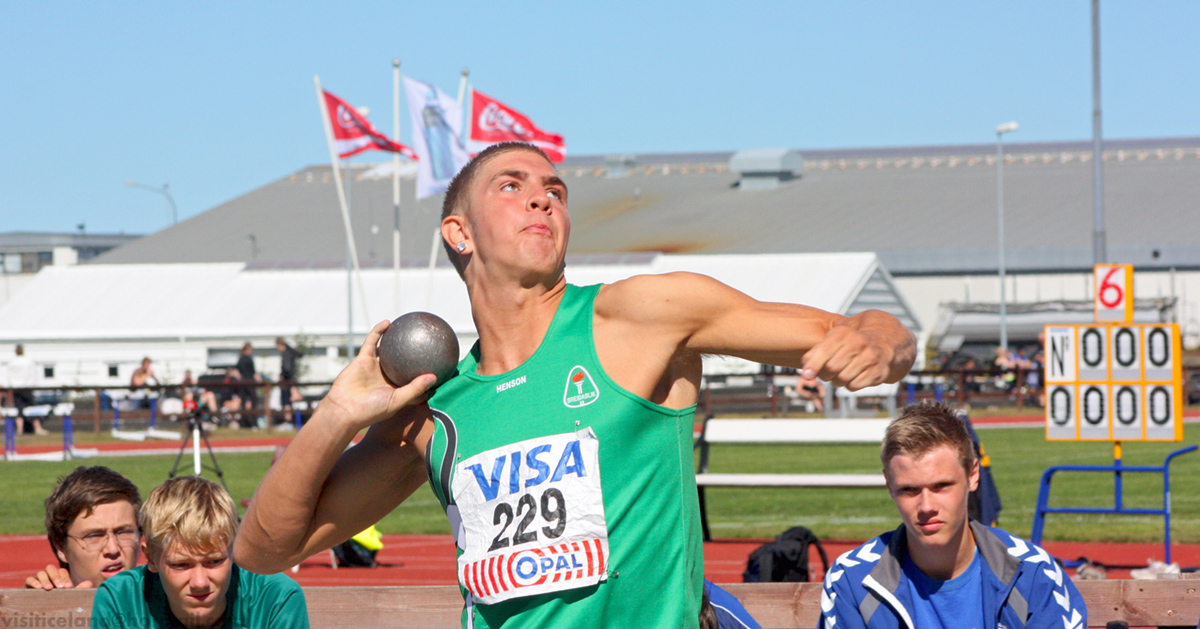
Painful muscles
Delayed onset muscle soreness or DOMS, which is a term used to describe this problem, usually occurs 12 to 24 hours after exercising. It is a normal body response to unusual strain and it is a part of the body’s adaptation that leads to better stamina and strength. Some fitness and body building professionals believe that there is no point in an exercise if it does not result in sore muscles, especially in the beginning.
Causes of sore muscles
It is believed that sore muscles after exercise are result of microscopic tearing of muscle fibers. The extent and gravity of soreness depends on the extent of tearing, which again depends on the duration and type of exercise.
Any new movement that is repeated with strain can lead to sore muscles, but eccentric muscle contractions, in which the muscle is forced to contract while it lengthens, are thought to cause more soreness. This type of movement is performed in activities like climbing the stairs, running downhill and downward movements in push ups and squats.
These movements, in addition to fiber tearing, may also involve some swelling, which aggravates the soreness.
Treatment for sore muscles
There has been much controversy on both the causes and the appropriate treatment for muscle soreness. For example, some have stated that light stretching helps reduce the pain, while other experts questioned the effectiveness of that method.
No treatment is 100 percent effective and it is best to just try out several things and find out what works the best.
It can be very helpful to rest and let the muscles recover. It usually takes two or three days for the recovery. During that time it is advised to refrain from exercising.
Taking a bath or a shower helps, but it is questionable what temperature of the water to use. Some claim that it is best to use cold water because low temperature reduces swelling and inflammation, while others believe that warm water helps muscles to relax, which may relieve the pain.
Sports massage may help reduce soreness and swelling. Yoga can be effective too.
As for the medication, over-the-counter pain relievers, especially non-steroidal anti-inflammatory drugs like ibuprofen or naproxen sodium can relieve the pain very effectively. They need to be taken according to the instructions and it is not recommended to take them before exercising.
The best way to treat muscle soreness caused by exercise is to wait until it subsides and exercise carefully, always stretching and warming up before exercise.


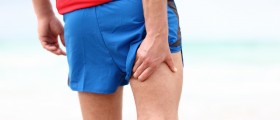
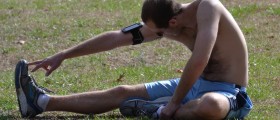
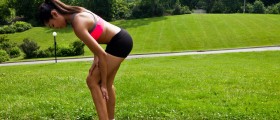

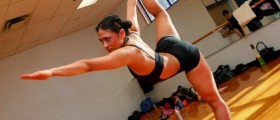

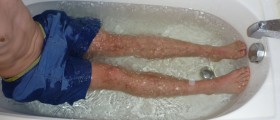
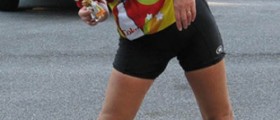
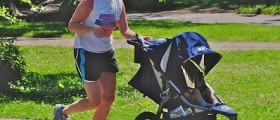
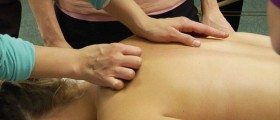




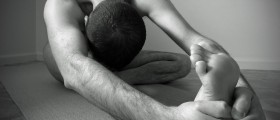
Your thoughts on this
Loading...